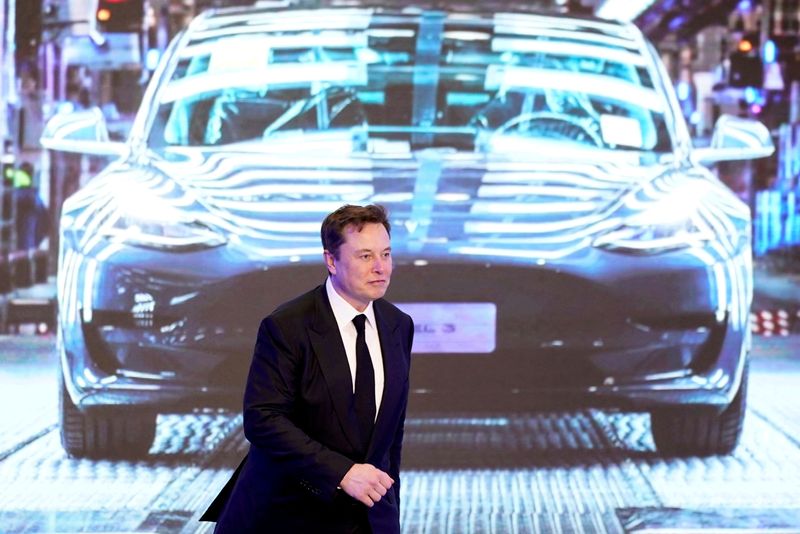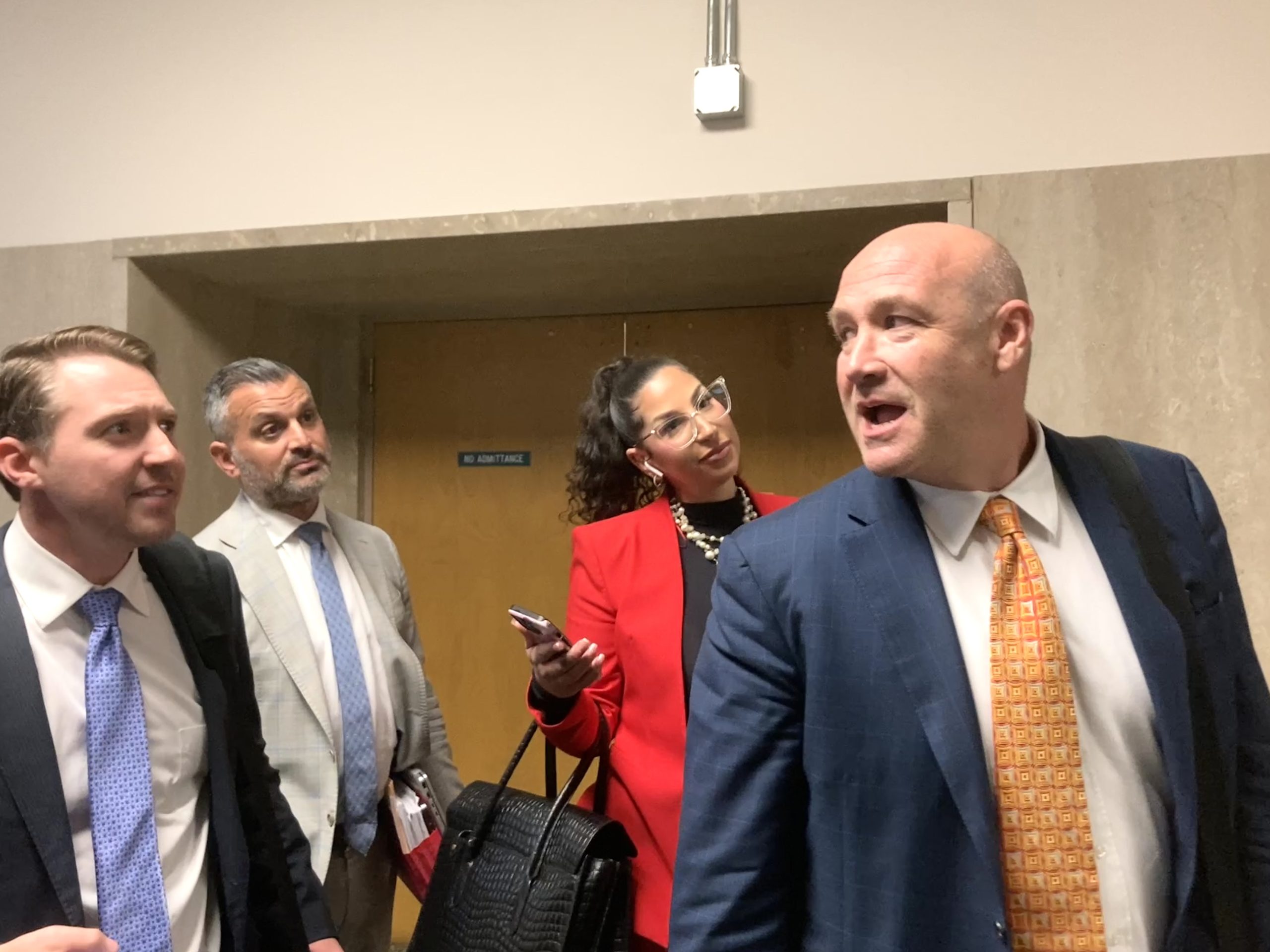[ad_1]
By Chris Kirkham
(Reuters) – When Reuters reported in April that Tesla (TSLA) had scrapped plans for a long-promised, next-generation $25,000 electric vehicle, the automaker’s stock plunged. Chief Executive Elon Musk rushed to respond on X, his social-media network.
“Reuters is lying,” he posted, without elaborating. Tesla’s stock recovered some of its losses.
Six months later, Musk appears to have backed into an admission that Tesla dropped its plans for a human-driven $25,000 car. He said in an Oct. 23 earnings call that building the affordable EV would be “pointless” unless the car was fully autonomous.
His latest remarks came in response to an investor asking: “When can we expect Tesla to give us the $25,000 non-robotaxi regular car model?”
Musk responded: “We’re not making a non-robo…,” before he was interrupted by another Tesla executive. Musk later added: “Basically, I think having a regular $25K model is pointless. It would be silly.”
The April 5 Reuters article reported that Tesla had abandoned plans for an all-new, affordable mass-market EV but still planned a self-driving robotaxi. Since then, Musk has increasingly touted plans for robotaxis and autonomous vehicles.
Tesla and Musk did not respond to requests for comment for this story.
On the October earnings call, Musk said that Tesla does plan a “$25K car” – its “Cybercab,” a two-door, two-seat, fully autonomous vehicle. Musk unveiled a prototype at a Hollywood-style event on Oct. 10.
Musk says Tesla will start production of the Cybercab in 2026, after it deploys fully autonomous versions of its current Model 3 and Model Y vehicles in Texas and California next year. The automaker faces steep technological, regulatory and legal challenges in delivering on Musk’s latest promises of fully autonomous vehicles, which echo others dating back about a decade.
An all-new affordable Tesla for human drivers had until recently been a linchpin of Tesla’s strategy to become the world’s biggest automaker. For several years, Tesla had a goal of producing 20 million vehicles a year by 2030, more than tenfold what it sells now and nearly double that of Toyota, the current global sales leader. In May, Tesla dropped the 20-million goal from its latest “impact report” on progress toward sustainability goals.
As recently as January of this year, Musk confirmed the plan for an all-new affordable EV in an earnings call. He said the next-generation vehicle would arrive in 2025 and launch a second major “growth wave,” following the first wave with the release of its Model 3 and Model Y vehicles in 2017 and 2020, respectively.
[ad_2]
Source: finance.yahoo.com



